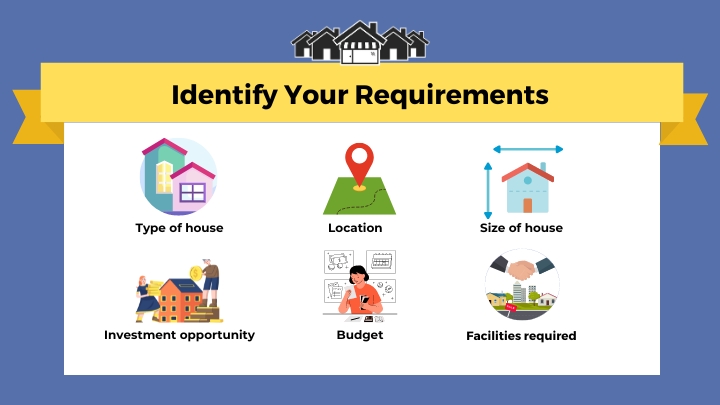So, you're dreaming of your own place, huh? Ditching the landlord, painting the walls whatever crazy color you want, and maybe even getting that ridiculously fluffy dog? Awesome! Buying a home is a huge deal, like leveling up in the game of life. But before you start picturing yourself sipping lemonade on your porch, let's talk about the minimum requirements. Think of it as understanding the rules of the game before you start playing. Knowing these things will save you a ton of time, frustration, and maybe even a few tears!
Money Matters: The Down Payment
First up: the down payment. Imagine you're ordering pizza. You wouldn't expect to get a whole pizza without paying something upfront, right? A down payment is your initial investment in your future home. It's the portion of the purchase price you pay out-of-pocket. Traditionally, it's been said to be 20% of the home’s price, but thankfully times have changed. There are ways to get into homeownership with a much smaller down payment, like 3%, 5% or even sometimes, 0%!
Why should you care? Because a lower down payment means you can buy a house sooner. And who wants to wait when they could be building their dream home? Plus, a bigger down payment can sometimes get you a better interest rate on your mortgage, saving you money in the long run. It's a bit of a balancing act, but it's worth understanding.
Your Credit Score: Your Financial Reputation
Next, let's talk about your credit score. Think of it as your financial reputation. It's a three-digit number that tells lenders how responsible you are with money. Have you ever tried to borrow a friend’s favorite sweater without a history of returning things promptly? Buying a home is a lot like that! Lenders want to know you're good for the money.
Generally, you'll need a credit score of at least 620 to qualify for a conventional mortgage. But the higher your score, the better your chances of getting approved for a loan with favorable terms. Why should you care? A higher credit score can mean a lower interest rate, which translates to thousands of dollars saved over the life of your loan. It's like getting a massive discount on your dream home! Check your credit report regularly to ensure there are no errors, and focus on paying your bills on time.
Debt-to-Income Ratio: Staying Within Your Means
Now, let’s get into the debt-to-income (DTI) ratio. This sounds complicated, but it's really just a fancy way of saying how much of your monthly income goes towards paying off debts. Think of it like this: if you make $5,000 a month and you’re spending $2,000 on debt payments, your DTI is 40%. Lenders use this number to assess whether you can realistically afford a mortgage payment on top of your existing obligations.
Why should you care? Because a high DTI can signal to lenders that you're overextended and might struggle to make your mortgage payments. A DTI of 43% or less is generally considered good. The lower your DTI, the better your chances of getting approved. So, before you start house hunting, try to pay down some of your existing debt. It's like decluttering your finances to make room for your new home.
Steady Income: Showing You Can Pay the Bills
Of course, you'll need proof of steady income. Lenders want to know that you have a stable job and a reliable source of income to cover your mortgage payments. It's like showing them you have the gas to keep the car running. This could be in the form of pay stubs, tax returns, or bank statements. Self-employed? Don't worry! Lenders will often look at your past two years of tax returns to assess your income.
Why should you care? Because without a reliable income, you won't be able to convince lenders that you can afford a mortgage. So, keep your job, or if you're planning a career change, make sure you have a solid plan in place. It's all about showing lenders you're responsible and capable.
Putting It All Together
Buying a home can seem daunting, but it doesn't have to be. Understanding the minimum requirements – the down payment, credit score, DTI ratio, and steady income – is the first step towards achieving your dream of homeownership. It's like learning the basics of a new recipe before you start cooking. Once you understand the ingredients and the instructions, you're much more likely to succeed.
So, take a deep breath, gather your financial information, and start planning. With a little preparation and a lot of determination, you'll be sipping that lemonade on your own porch before you know it!





